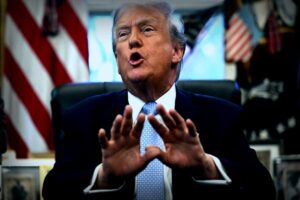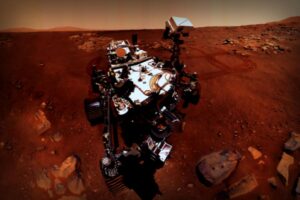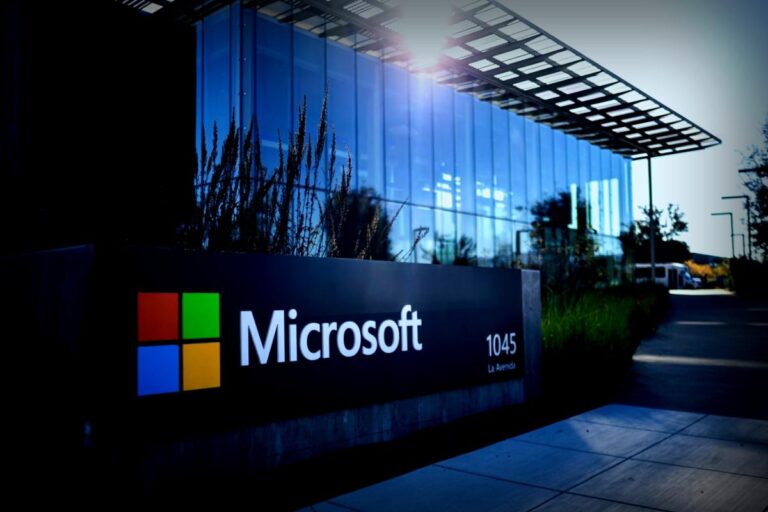In a significant move, the Trump administration’s Centers for Medicare and Medicaid Services (CMS) is collaborating with leading tech companies and healthcare organizations to build an extensive online medical database. This was revealed during an announcement on Wednesday.
The initiative, d the CMS Digital Health Tech Ecosystem, will feature a nationwide healthcare directory and various data-sharing networks, partnering with a range of prominent private entities.
During the press conference, Trump stated, “Today the dream of easily transportable electronic medical records finally becomes a reality. With today’s announcement, we take a major step to bring healthcare into the digital age.” The full implications of this move are yet to be seen.
Watch the press conference video here
Among the giants joining this program are Apple, Google, Samsung, Amazon, OpenAI, Anthropic, Oracle, and the health supplement company Noom. Their involvement has raised eyebrows, particularly among those advocating for privacy and medical autonomy, especially after earlier comments from Health and Human Services Secretary Robert F. Kennedy Jr. concerning wearable health devices.
Critics quickly voiced their concerns on social media. Content creator Jason Bassler quipped, “Trump’s new ‘Digital Health Tech Ecosystem’ encompasses all the familiar players. Handing your health data to Big Tech certainly sounds like a trustworthy healthcare revolution, right? What could possibly go wrong?”
Another commentator, known as Health Ranger, labeled the effort a “kill switch.” These remarks reflect a growing unease regarding patient data security as these tech giants step into the healthcare arena.
However, Trump addressed these apprehensions directly, stating, “The system will be entirely opt-in, and there will be no centralized, government-run database, which everyone is always worried about.” His administration maintains that controls are in place to safeguard participant privacy.
CMS has reinforced this stand, clarifying through an agency spokesperson that, “The CMS digital health ecosystem is not a centralized government database. It serves as a framework for secure, standards-based data exchange among current health systems, primarily focusing on patient empowerment and control over their information. Compliance with HIPAA and federal privacy regulations will be ensured at all times.”
Highlighting advancements in health technology, Kennedy pointed to Indonesia’s successful health initiatives, which include incentivizing citizens to consume healthier foods while granting individuals more control over their personal health data.
He described a public health app in Indonesia that tracks details like height, weight, blood type, BMI, and various health markers, noting how it streamlines processes for health providers across the nation.
As he explained, “Doctors in other regions won’t face the cumbersome task of faxing health records, unlike in other systems. This creates a more efficient healthcare delivery model.”
Meanwhile, during the announcement, Trump’s crypto advisor David Sacks emphasized the significance of artificial intelligence in diagnosing illnesses and the urgent need to enhance AI systems with updated health data, saying, “The more data that AI acquires, the better it performs.”
This initiative is led by Dr. Oz and his CMS deputy Amy Gleason, paving the way for a potentially transformative shift in how health data is managed.

















